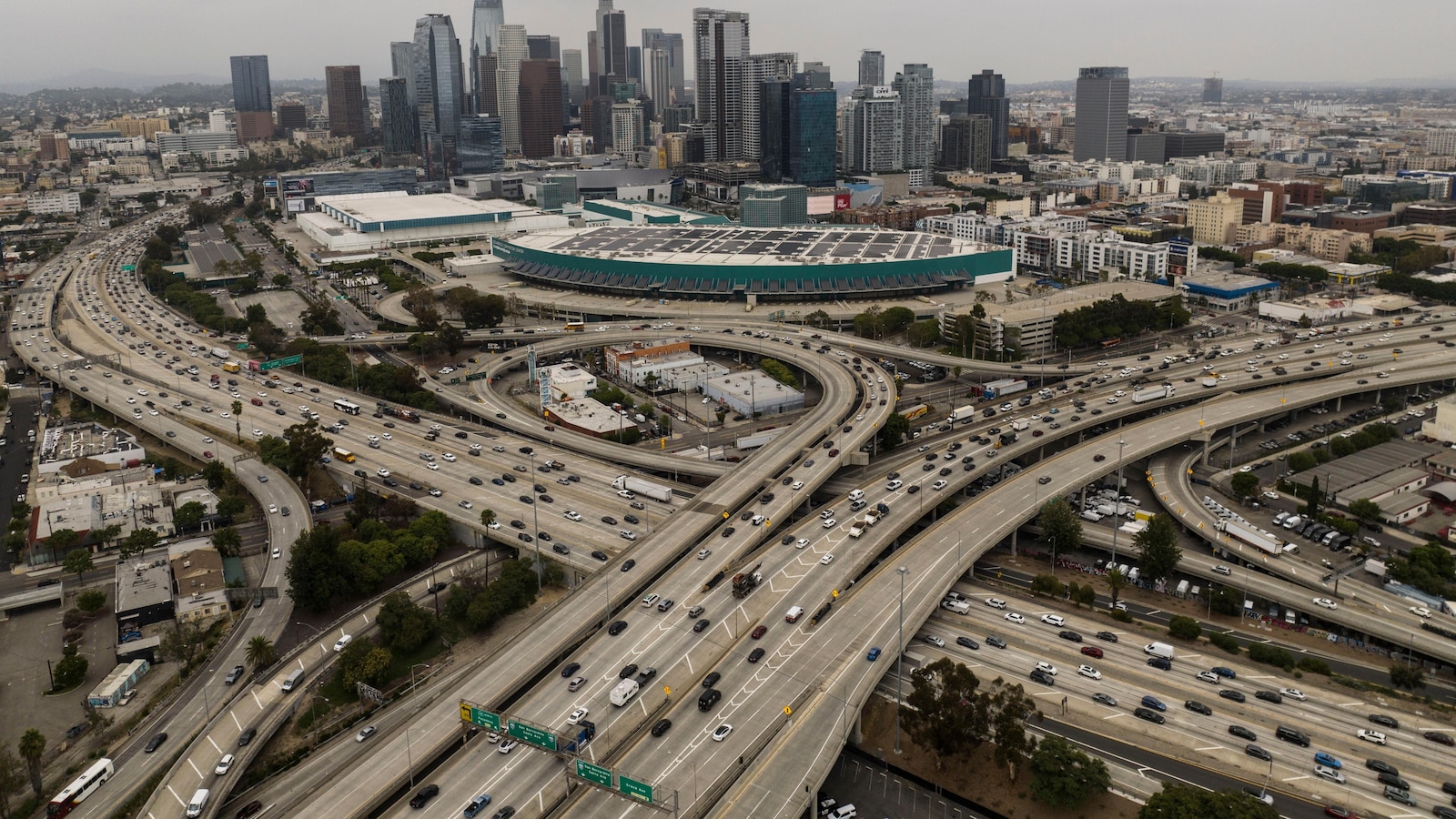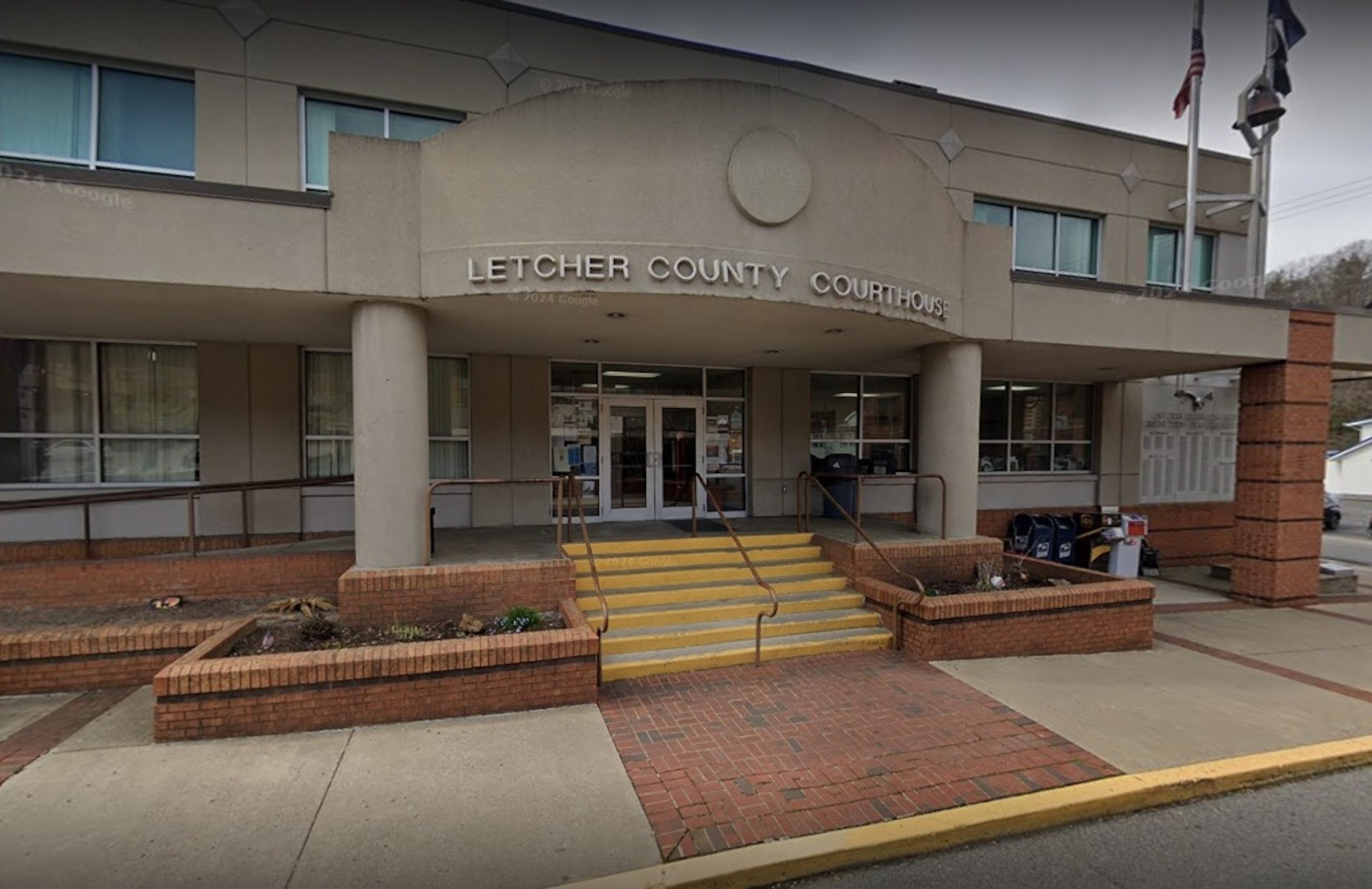
LOS ANGELES — The city of Los Angeles will pay $38.2 million to settle a 2017 lawsuit after “falsely” stating on federal documents that its multifamily affordable housing units built with federal funds were accessible for people with disabilities.
The complaint was filed by the U.S. Department of Justice on behalf of a Los Angeles resident, Mei Ling, who uses a wheelchair and the Fair Housing Council of San Fernando Valley, a disability rights advocacy group. Their share of the settlement has not been determined.
Ling, 57, has used a wheelchair since January 2006— and has either been homeless or in housing without the accessibility features, the lawsuit said.
It alleged that the city of LA did not make its multifamily affordable housing options accessible to those with disabilities for at least six years. Some issues were slopes that were too steep, counters that were too high, and entryways that did not permit wheelchair access, officials said.
The lawsuit also stated the city failed to maintain a publicly available list of accessible units and their accessibility features, and that it “knowingly and falsely certified” to the U.S. Department of Housing and Urban Development that it complied with these requirements.
A representative for the LA city attorney’s office did not immediately respond to an emailed request for comment.
When the Housing and Urban Development department provides grant funds to local governments to build and rehabilitate affordable multifamily housing units, they must comply with federal accessibility laws, officials said. This includes a mandate that 5% of all units in certain types of federally assisted housing be accessible for people with mobility impairments, and another 2% be accessible for people with visual and auditory impairments.
They also must maintain a publicly available list of accessible units with a description of their accessibility features, among other housing-related accessibility requirements.
In the six years prior to the lawsuit filing in 2017, LA received nearly a billion dollars in various funds from the federal housing agency that went toward at least 28 multifamily housing projects, according to the plaintiffs. None of them contained the minimum number of accessible units required by law.
Meanwhile, the city “caused HUD and the public to believe that it was in compliance with all federal obligations relating to the receipt of federal housing and community development funds,” the lawsuit said.
Previously, the city settled a similar suit in 2016.
Los Angeles has agreed to pay over $38 million to settle a lawsuit that accused the city of failing to provide accessible affordable housing for people with disabilities. The settlement, which was reached after years of litigation, is a significant victory for advocates who have long been fighting for more inclusive housing options in the city.
The lawsuit, filed by the nonprofit organization Disability Rights Advocates, alleged that Los Angeles had violated federal and state laws by not ensuring that affordable housing developments were accessible to people with disabilities. This included failing to provide features such as ramps, wide doorways, and accessible bathrooms in new construction projects.
As part of the settlement, the city has agreed to allocate $200 million over the next decade to create more accessible affordable housing units. This funding will be used to retrofit existing buildings, as well as to construct new developments that meet accessibility standards.
In addition to the financial settlement, Los Angeles has also committed to improving its oversight of affordable housing projects to ensure that they are compliant with disability laws. This includes hiring a consultant to monitor compliance and conducting regular inspections of affordable housing developments.
Advocates have hailed the settlement as a major step forward in ensuring that people with disabilities have equal access to affordable housing in Los Angeles. They hope that this agreement will serve as a model for other cities across the country to follow.
However, some critics argue that the settlement does not go far enough in addressing the systemic issues that have led to the lack of accessible affordable housing in Los Angeles. They point out that there is still a significant shortage of affordable housing units in the city, and that more needs to be done to address this crisis.
Overall, the settlement represents a significant victory for advocates of accessible affordable housing in Los Angeles. It sends a clear message that cities must prioritize inclusivity and accessibility in their housing policies, and that they will be held accountable if they fail to do so.


